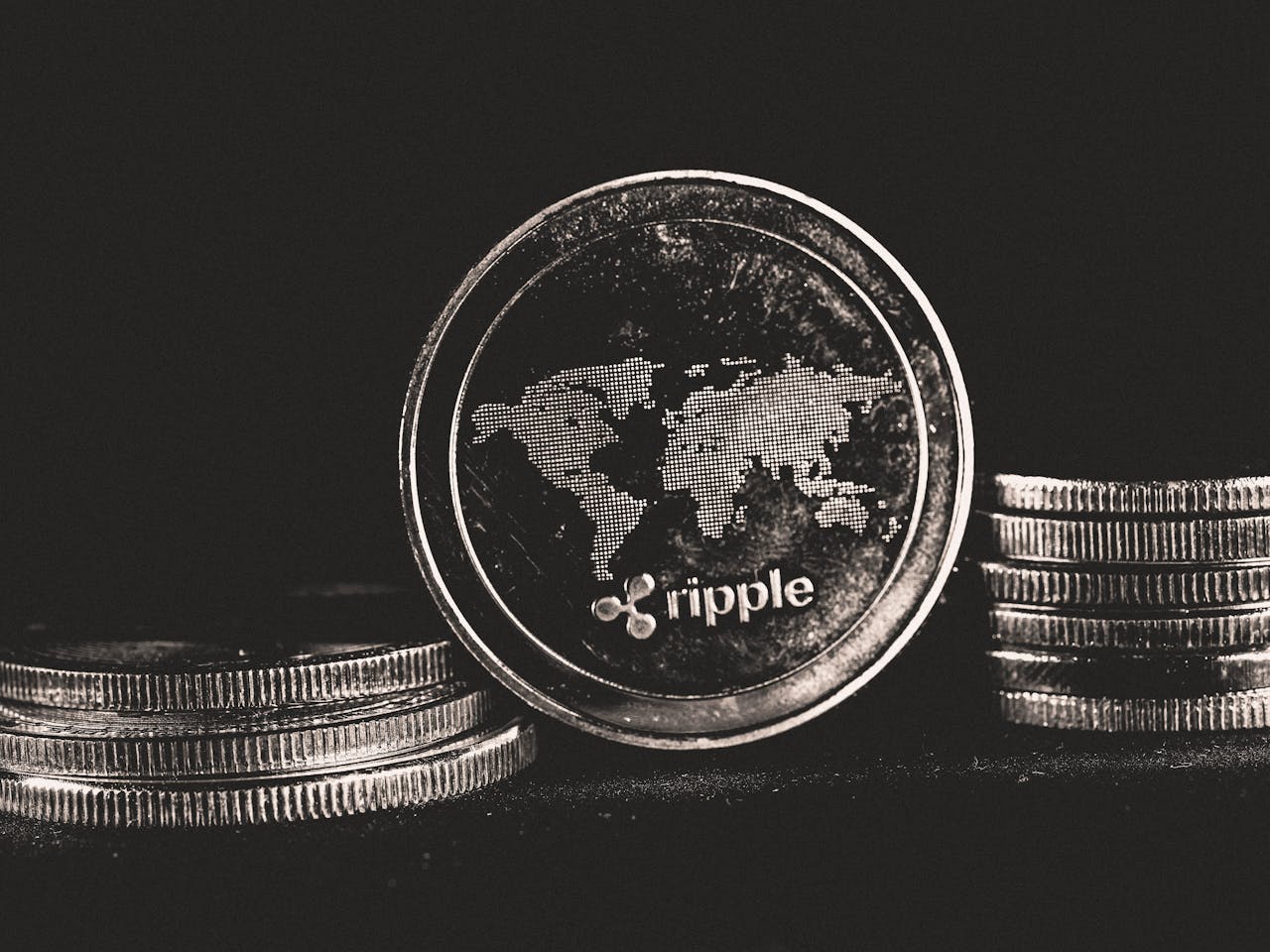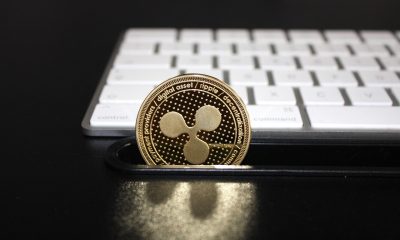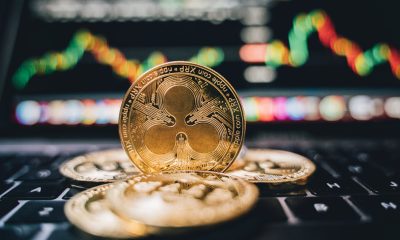Crypto
Ripple Expands in the Middle East: DFSA License Opens New Doors for Crypto Payments
Ripple secured a DFSA license on May 1, 2025, becoming the first to offer fully regulated cross-border crypto payments in the UAE. With RLUSD, its USD-backed stablecoin, Ripple targets fast, low-cost, transparent payments. The Middle East’s tech-forward climate and Ripple’s strategic positioning underscore its growing influence in the region’s $400B trading economy.

Ripple continues to expand its position as a leading provider of blockchain payment solutions in the Middle East. On May 1st, 2025, it was announced that Ripple was officially licensed by the Dubai Financial Services Authority (DFSA) – a significant milestone for the region’s crypto sector. This makes Ripple the first company of its kind to offer fully regulated cross-border crypto payments in the United Arab Emirates (UAE).
This approval enables Ripple to establish its “Ripple Payments” solution across one of the world’s most important trading regions. With a trading volume of over $400 billion and a remittance market of $40 billion, the Gulf state offers an ideal starting point for innovations in payments. Ripple focuses on three key areas: fast transactions, low fees, and high transparency.
Ripple becomes the first licensed provider of regulated crypto payments in the UAE, strengthening its role in the Middle East’s booming digital finance landscape
The Middle East is rapidly becoming a crypto hotspot. Progressive regulations, technological advancements, and a young, digitally savvy population are driving this transformation. According to Ripple research, 40 percent of financial and corporate service providers in the region already use digital custody solutions—the highest rate worldwide. Another 56 percent plan to adopt them within the next three years.
With the DFSA license, Ripple is now able to offer crypto payments with its proprietary stablecoin, RLUSD. RLUSD is a USD-based, regulatory-backed stablecoin specifically designed for corporate use. In addition to international payments, integration into DeFi protocols is also possible—a strategically important step for institutions seeking to enter the digital financial market.
Ripple has had an office in Dubai since 2020. The Middle East currently accounts for around 20 percent of Ripple’s global customer base, and the number is growing. The company now has more than 60 regulatory approvals worldwide, including from the Monetary Authority of Singapore, the New York DFS, and the EU.
Ripple is strategically positioning itself as the preferred provider for regulated crypto payments in the Middle East. The DFSA license is a clear signal of regulatory clarity and institutional trust in digital assets. As the Middle East continues to set the framework for crypto innovation, Ripple stands ready to play a key role in shaping this transformation.
__
(Featured image by Rudolfs Klintsons via Pexels)
DISCLAIMER: This article was written by a third party contributor and does not reflect the opinion of Born2Invest, its management, staff or its associates. Please review our disclaimer for more information.
This article may include forward-looking statements. These forward-looking statements generally are identified by the words “believe,” “project,” “estimate,” “become,” “plan,” “will,” and similar expressions. These forward-looking statements involve known and unknown risks as well as uncertainties, including those discussed in the following cautionary statements and elsewhere in this article and on this site. Although the Company may believe that its expectations are based on reasonable assumptions, the actual results that the Company may achieve may differ materially from any forward-looking statements, which reflect the opinions of the management of the Company only as of the date hereof. Additionally, please make sure to read these important disclosures.
First published in BLOCK-BUILDERS.DE. A third-party contributor translated and adapted the article from the original. In case of discrepancy, the original will prevail.
Although we made reasonable efforts to provide accurate translations, some parts may be incorrect. Born2Invest assumes no responsibility for errors, omissions or ambiguities in the translations provided on this website. Any person or entity relying on translated content does so at their own risk. Born2Invest is not responsible for losses caused by such reliance on the accuracy or reliability of translated information. If you wish to report an error or inaccuracy in the translation, we encourage you to contact us

-

 Biotech5 days ago
Biotech5 days agoNew Molecular Clues Explain Aggressive Neuroblastoma and Point to Targeted Treatments
-

 Fintech2 weeks ago
Fintech2 weeks agoImpacta VC Backs Quipu to Expand AI-Driven Credit Access in Latin America
-

 Fintech2 days ago
Fintech2 days agoSwissHacks 2026 to Launch Inaugural Swiss FinTech Week in Zurich
-

 Impact Investing1 week ago
Impact Investing1 week agoClimate Losses Drive New Risk Training in Agriculture Led by Cineas and Asnacodi Italia
























